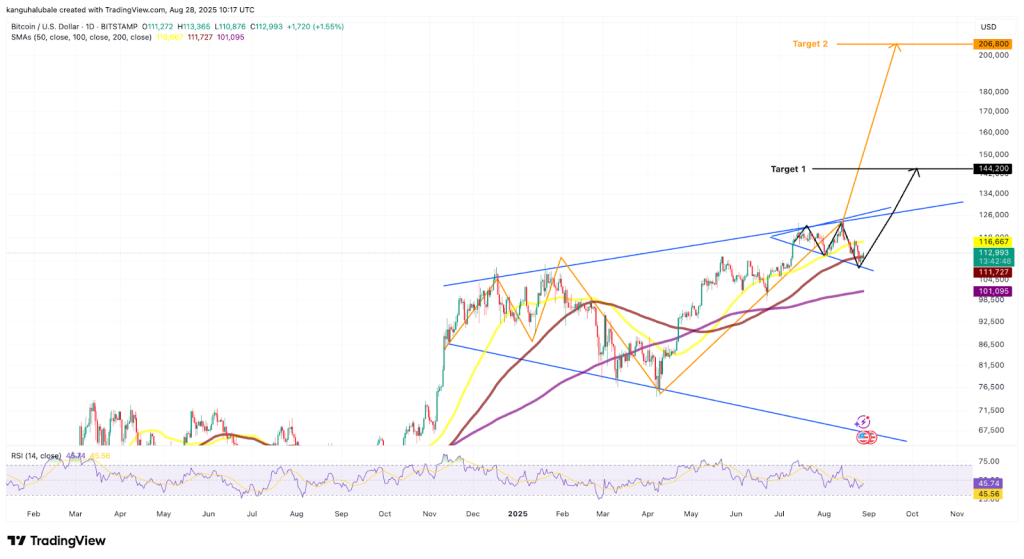The Ministry of Economy released this Sunday (11) a Letter of clarification in response to what he calls the “recent series of unfounded statements about the current economic scenario” in the country.
“Declarations that the Brazilian State is ‘broken’ are not compatible with reality”, says the note, which lists the evolution of indicators and actions of the economic team, such as the level of indebtedness, commitments with the civil service and the presence of the government in the digital sector.
The disclosure comes after several criticisms by the president-elect, Luiz Inácio Lula da Silva (PT), about the situation of the public budget, made last Friday (9).
On the occasion, Lula promised to present a picture on the Brazil mapped out by the transition team on the eve of Christmas.
“When the transition is over, we are going to present to society what we found from the current government. We’re not going to do a fireworks show. Let’s show how the situation is so that society knows. Because, if we don’t show it now, six months later, the excesses of the current government will be on our shoulders”, he said in a speech at the Centro Cultural Banco do Brasil (CCBB), headquarters of the transitional government in Brasília.
In his speech, the president-elect thanked the senators who voted for the Proposal for Amendment to the Constitution (PEC) of the Overflow, stating that it was not a matter of a procedure of the Lula government. “It is to solve the problem of the budget made by Bolsonaro”, he accused.
In the clarification released by the Economy, the government highlights, for example, that the gross debt of the general government should end the year representing 74% of the Gross Domestic Product (GDP) and a primary surplus of R$ 23.4 billion, the first since 2013.
“It will be the first government to end its term with falling debt: in 2018, the debt/GDP ratio reached 75.3%. Other emerging and developed countries have debt growth projections between 10.6 points and 8.5 percentage points, respectively, compared to the rates observed before the pandemic ”, says the folder.
“Previous governments increased the debt/GDP ratio by almost 20 points of GDP without facing pandemics or wars as seen in Eastern Europe, without these resources translating into an effective improvement in the quality of life of the population”.
The folder also mentions that support measures for subnational entities during the pandemic and economic policy actions “resulted in a rapid recovery of activity in the post-pandemic, states and municipalities will register the second consecutive year of primary surplus in 2022”.
*Posted by Ligia Tuon
Source: CNN Brasil
A journalist with over 7 years of experience in the news industry, currently working at World Stock Market as an author for the Entertainment section and also contributing to the Economics or finance section on a part-time basis. Has a passion for Entertainment and fashion topics, and has put in a lot of research and effort to provide accurate information to readers.







